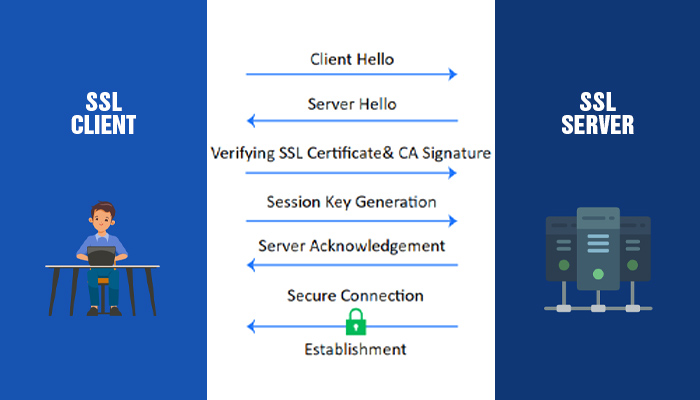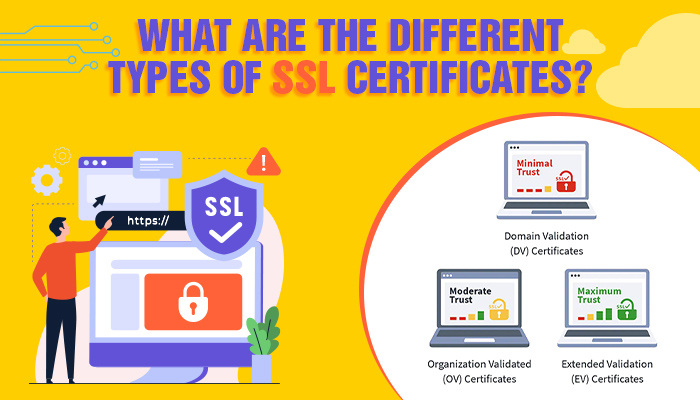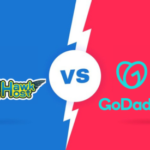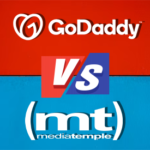We know that you must be in mayhem over the SSL certificates. Here, we will let you know everything about the SSL certificates. SSL stands for Secure Sockets Layer. It authenticates the recognition of a website, protecting the connection between a web page and a web browser.
If you are one of those who runs an e-commerce company or are on your way to beginning your start-up in this genre, then an SSL certificate is the need of the hour for you! You will have to ask people for their delicate information. For instance, you might have to ask for their debit card numbers. It will ensure that your website is SSL-encrypted.
You will know if a website has an SSL certificate. Hypertext Transfer Protocol Secure (HTTPS) comes into sight in front of its URL. Many browsers aid you in knowing if the website is secure by showing a compact image of a lock by URL.
What is an SSL certificate?
SSL stands for Secure Sockets Layer. It makes the communication between the website and the web browser secure. The enhancement of security is done by the execution of an SSL certificate. Hence, it improves the website’s performance.
You must have an SSL certificate if you are a website owner. You need the certificate if you have to ask users for their login ID, username, password, or any other confidential information to ensure their data security. A few website owners get this certificate, though they don’t require it. The reason behind that could be the rewards given by the Google algorithm.
How to get an SSL certificate?
Let’s know how to get a free SSL certificate. Some of the best website-building platforms and web hosting providers make it easy for you to get them. For instance, web hosting providers like GoDaddy, Bluehost, and many more offer to buy an SSL certificate instantly for their websites.
You can get a third-party certificate by using a VPN if your websites don’t have one. Have a look at our list of the top SSL services. These options will be the best, and you can depend on them.
Different Types of SSL Certificates
Let’s take a look at the different types of SSL certificates. Depending on your website and its needs, you can choose the one that is most suitable for you.
-> DV SSL: It stands for domain validated and is used for private project websites. It is the cheapest and most affordable. You need to prove your ownership of your website domain to get DV SSL with the help of an email address recorded by WHOIS.
-> OV SSL: It stands for organization-validated SSL certificate. Only legitimate companies and organizations can use this. It is verified at a higher level. Henceforth, it will be regarded as more secure and SSL-encrypted.
-> EV SSL: It stands for extended validation. It is the most expensive SSL certificate. It offers the highest protection. Therefore, if you own e-commerce, then this is the best fit for you.
What does an SSL contain?
After having understood the SSL certificate, you would wish to apply the knowledge you received, right? Let’s get more inquisitive and know what an SSL contains!
Click on the lock image. Yes! The one beside the URL of the website That lock is the key to every piece of information. You will get to know the name of the holder of the certificate, the date of expiration, etc.
The information is not limited to these. You will get information about the person who issued the certificate, its digital signature, and much more.
Conclusion
The secure socket layer, i.e., SSL, is an agreement between the web browser and a client. It is used to make communication between the server and the user more secure.
Any third party could not access the data transmitted from client to server as it is SSL encrypted. Therefore, we can conclude that sites with SSL certification will keep your sensitive data, such as credit card numbers, secure.
Don’t delay, and get your website an SSL certificate now!
















Pingback:Bluehost vs HostArmada Web Hosting Reviews- Renewcoupons
Pingback:How to migrate your website to a new host- Renewcoupons
Pingback:A2 Hosting Vs GreenGeeks Comparison
Pingback:Best Web Hosting Plan with a Tight Budget
Pingback:Zyro Review: Is Zyro a Good Website Builder for Beginners?
Pingback:GoDaddy vs BigRock Comparison- Which one is the Best?
Pingback:Kinsta Reviews 2023: Reliable And The Best WordPress Host
Pingback:GoDaddy Website Security Basic- Keep Your Website Safe
Pingback:Webo Hosting: Meaning, Features & Reviews
Pingback:Transfer Domain Name from Network Solutions to GoDaddy
Pingback:GoDaddy Vs WordPress: Which are Better Website Builders
Pingback:Wix vs GoDaddy: Which Web Builder Is Right for Your Business?
Pingback:A2 Hosting vs GoDaddy 2023 Compared- Features, Price & More
Pingback:GoDaddy vs Bluehost: Which Is the Better Value for Your Money?
Pingback:GoDaddy vs HostGator: Ultimate Comparison for Every Businesses
Pingback:GoDaddy vs HostMonster: A Ultimate Comparison- Renewcoupons
Pingback:GoDaddy Vs InMotion Hosting- Who is the Real Winner in 2023?
Pingback:GoDaddy Vs HostDime Reviews & Comparison 2023
Pingback:GoDaddy Vs Liquid Web- A Clear Web Host Comparison 2023
Pingback:Bluehost Vs GoDaddy Comparison 2023 - Which One to Choose?
Pingback:GoDaddy vs Scala Hosting- Review & Comparison 2023
Pingback:Bluehost vs BigRock Comparison 2023- Which is Better?
Pingback:GoDaddy vs WebHostingPad Comparison: Which one is Better?
Pingback:Bluehost Vs DreamHost: The Best Web Host for You?
Pingback:Bluehost Vs FastComet: The Clear Comparison and Winner 2023
Pingback:Bluehost Vs InMotion: Hosting Features & Review Compared
Pingback:Bluehost vs Flywheel 2023- Which is Best for WordPress?
Pingback:Bluehost Vs Exabytes- In-Depth Review and Comparison 2023
Pingback:Bluehost vs HostDime: Unveiling the Battle of Hosting Giants
Pingback:Top 5 ZNetLive Alternatives & Substitutes- Renew Coupons
Pingback:Bluehost vs HostCats Comparison 2023– Local or Global?
Pingback:What is a VPN? Meaning and Uses of Virtual Private Network
Pingback:Avast VPN Vs CyberGhost- Best VPNs on The Market?
Pingback:BlueHost vs Cloudways: Which one is Faster and Better?
Pingback:Bluehost vs Crazy Domains- Comparison & Review